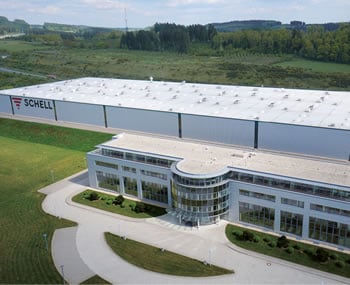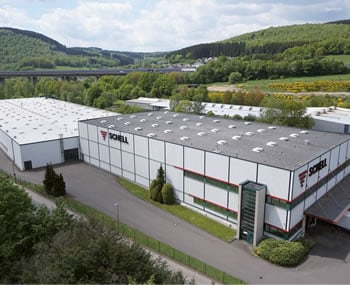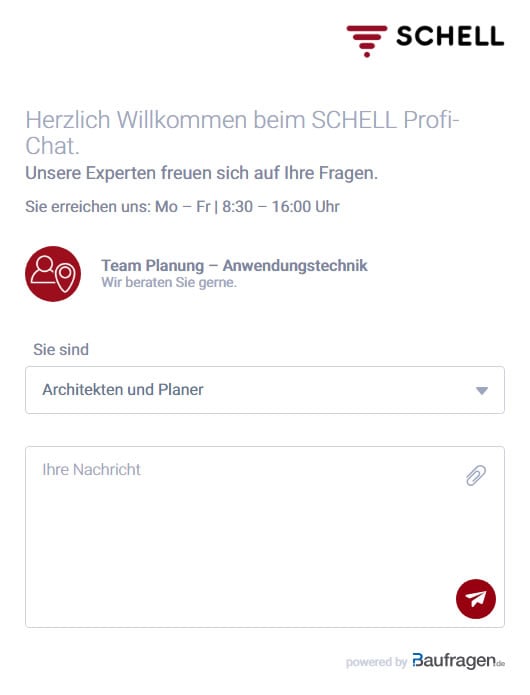Tap water against climate change: how to save plastic and the environment in one go
6-minute read
Although drinking water is truly essential to life, we don’t even have to leave home to get enough of it. August is Water Quality Month, and has been organised with the aim of raising awareness about the ‘luxury’ of water on tap and the basic importance of water in all of our lives. Despite the excellent quality of German tap water, it seems many people would rather drink pre-packaged water from single-use plastic bottles. A lifestyle choice that is the exact opposite of environmentally friendly.
More convenient – and less expensive
Germany also boasts over 500 brands of mineral water, which remain highly popular even though tap water offers a great many advantages in comparison. Tap water is, after all, available literally on tap, while bottled water first requires a trip to the supermarket. So tap water saves time, and avoids the stress and strain of lugging six-packs or crates of bottles about. At the same time, those drinking tap water pay a lot less for the privilege, since 1 litre of drinking water costs about 0.2 cents in Germany, whereas bottled water costs anything from 19 to 50 cents a litre (figures as supplied to the ‘Blue Responsibility’ initiative by the VDMA Fachverband Armaturen and IndustrieForum Sanitär). Drinking water is also good for our health: regular tests and monitoring ensure that German drinking water is of excellent quality. As confirmed by the 2021 Drinking Water Report from the Federal Environment Agency (UBA).
Keeping drinking water safe in the home
High-quality fittings like those from SCHELL offer innovative features and options to set up automatic stagnation flushes, which help to maintain the quality of water from the point at which it enters the building. Since water that stagnates in piping can be a breeding ground for bacteria, this can only be avoided by the regular and complete exchange of water across the building’s entire system. If this can’t be assured by regular usage, then stagnation flushes can simulate this level of use and ensure the necessary exchange of water. With electronic fittings from SCHELL, setting up stagnation flushes couldn’t be easier. SCHELL products also offer peace of mind: all the materials used for fittings comply in full with drinking water regulations and do not change or affect the tap water in any way. Discover the world of SCHELL taps and fittings.
Minerals on tap
Tap water is often assumed to have no minerals in comparison with bottled water, but the analysis results from water utilities show this isn’t true. And many ‘mineral’ waters are anything but, as a study published by Stiftung Warentest magazine has revealed. In fact, the tap water in some regions, such as Berlin, for example, can have levels high enough to make local tap water a more significant source of these minerals. Experts also point out that our physical requirements are already covered by the food we eat – so our bodies have literally no need for the kinds of minerals found in bottled water.
Fizzy water at the touch of a button
Apart from minerals, many people find tap water to be boringly ‘flat’. But this problem is easily solved by carbonation devices that can put the fizz back into tap water. And they also use exchangeable gas cartridges, which means that ‘fizzy water on tap’ once again avoids single-use bottles. The only thing left to do is to clean the device properly to ensure that water quality isn’t degraded just before it is consumed.
Saving the planet with tap water
The strongest argument against using bottled water relates to its impact on the climate. In Germany, the climate impact is around 600x higher for bottled water than for tap water, according to figures from the Consumer Advice Centre (CAC) in North Rhine-Westphalia. Mineral water creates 202.74 g of CO2 equivalent per litre, whereas tap water only produces 0.35 g/l. Transporting the bottles also creates a huge environmental impact. In 2020, the CAC reports that around 1 billion litres of mineral water were imported into Germany. Logistics at this kind of scale naturally emits vast quantities of CO2 into the environment. If the nation decided to switch from bottled water to tap water overnight, the difference would be mind-boggling: the CO2 savings would amount to 1.5x the annual emissions produced by domestic aviation in the years before the coronavirus pandemic. The CAC has also published sobering figures about the plastic waste created: on average, Germany uses around 2 million disposable plastic bottles an hour. That adds up to around 17.4 billion bottles a year. Most bottles are also made from new plastic and therefore from crude oil that we can ill afford to use. While the use of returnable plastic or glass bottles does create less waste, it still requires a huge amount of energy for their production, transportation and recycling. None of this is needed for tap water.
From the kitchen to the tumbler
In our kitchens, it’s easy to fill a glass with water from the tap. In office buildings with tea points or kitchenettes where food might also be prepared, maintaining good drinking water hygiene is therefore even more important. SCHELL has developed the GRANDIS E kitchen tap for this kind of scenario: the tap offers the best of both worlds by combining a single-lever mixer with optional contactless operation. With its integrated option for automated stagnation flushes, the tap can also ensure the necessary exchange of water if facilities remain unused for longer periods of time. GRANDIS E can also be used with SWS. This means it can be networked and controlled centrally using the SCHELL SWS Water Management System. This offers a number of benefits: not only is setup even more precise, but facility managers also have the option of logging the flushes completed in order to identify any need for optimisation. The SWS Water Management System also offers the chance to improve energy and water consumption by the targeted control of water flow volumes as well as many other parameters. First and foremost, however, the tap ensures optimum levels of drinking water hygiene, which means that users can enjoy fresh tap water whenever they want. The best way to persuade people to help the climate by leaving disposable bottles where they belong – on the shelf.

![[Translate to English:] [Translate to English:]](/fileadmin/_processed_/1/b/csm_symstemloesungen_e2_thumb_6bca267f26.jpg)
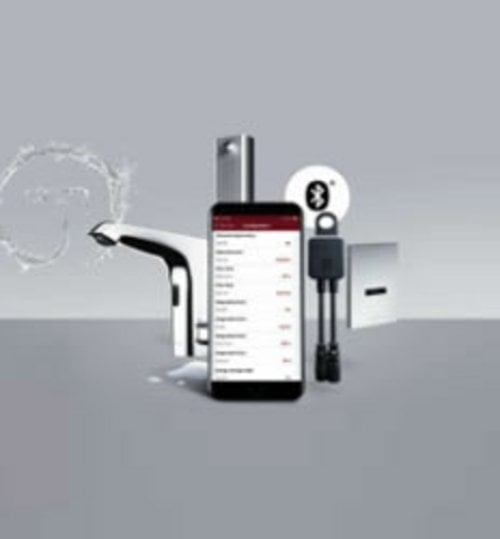
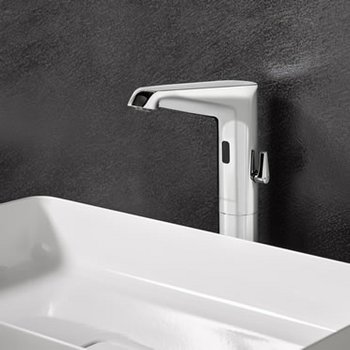
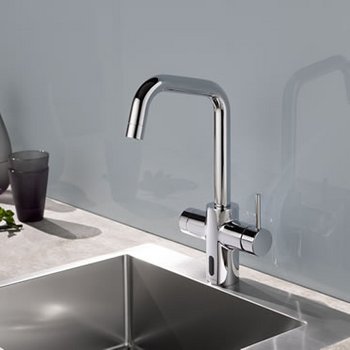
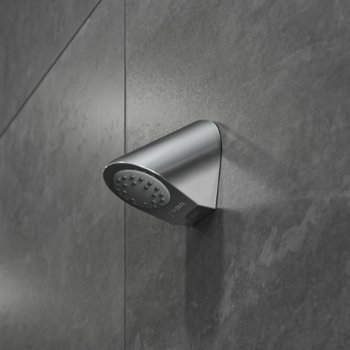
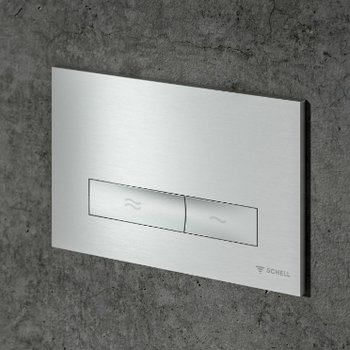
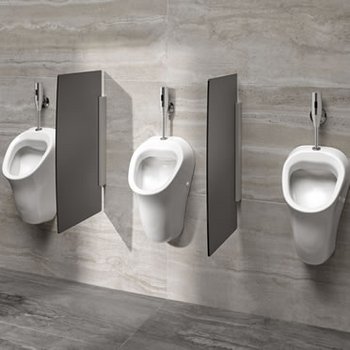
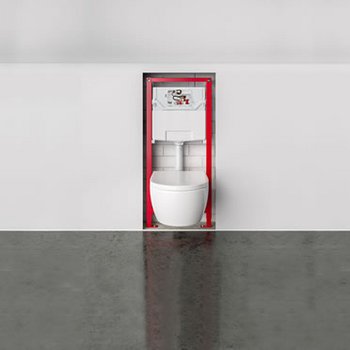
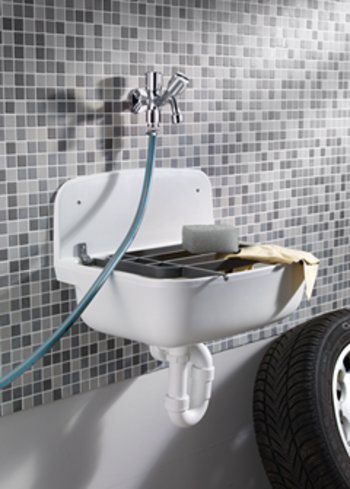
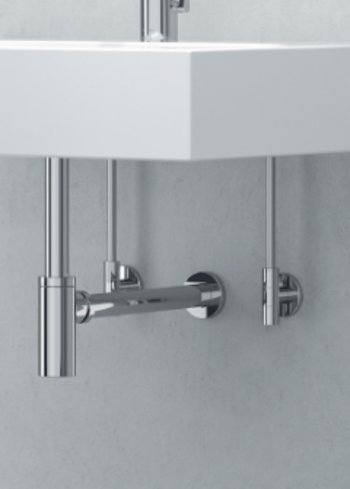
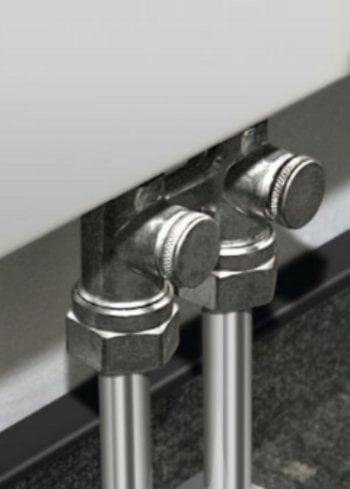
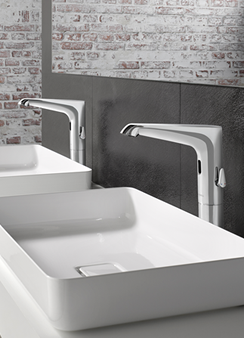
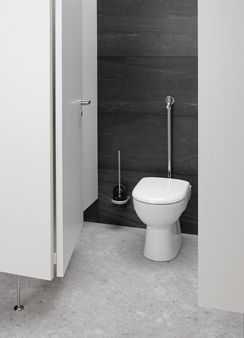
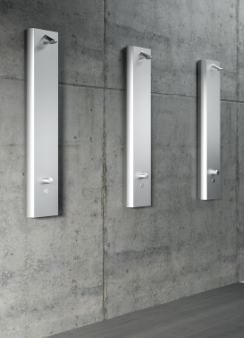

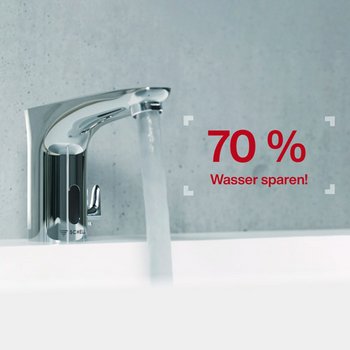
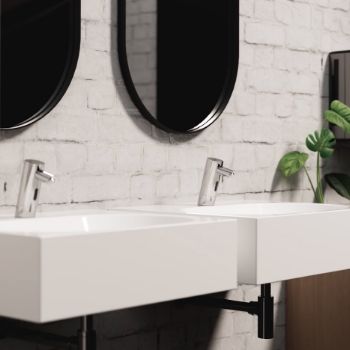
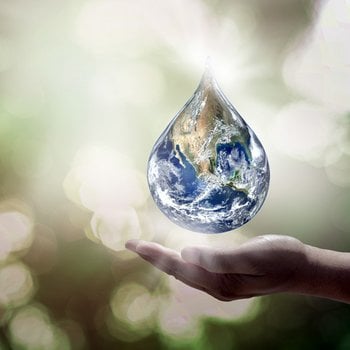
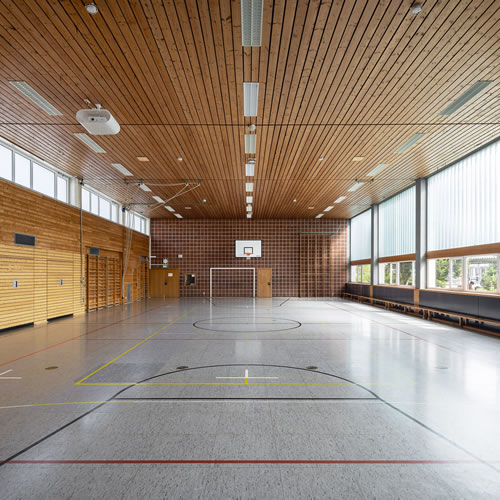
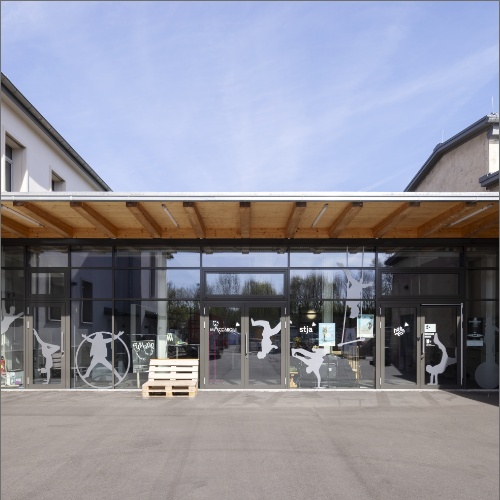
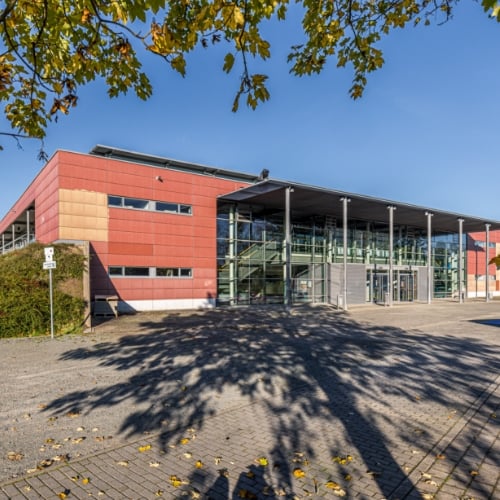
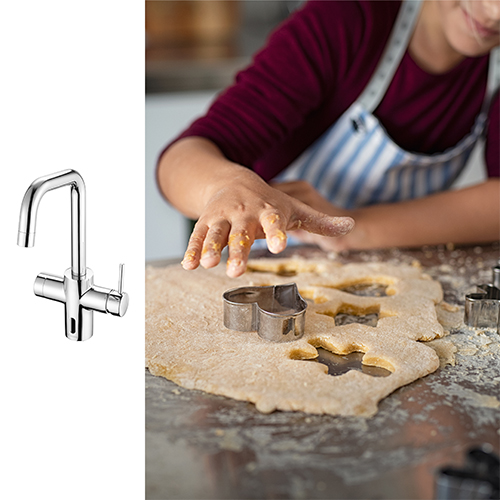
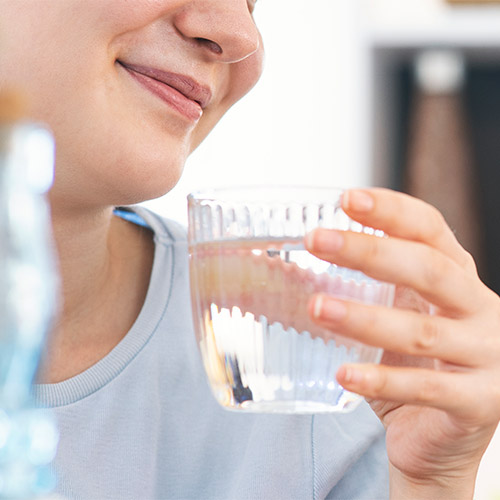
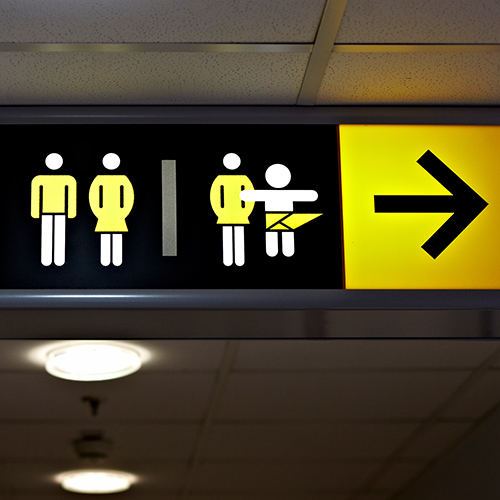
![[Translate to English:] [Translate to English:]](/fileadmin/user_upload/images/menu/menu_service_downloads_broschueren.jpg)
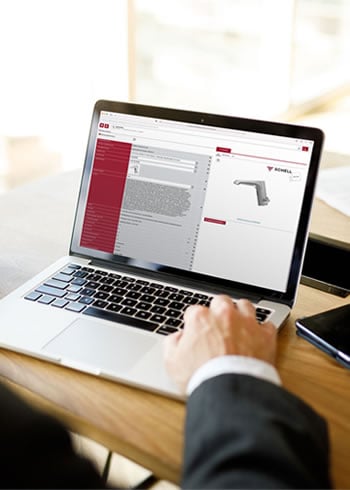
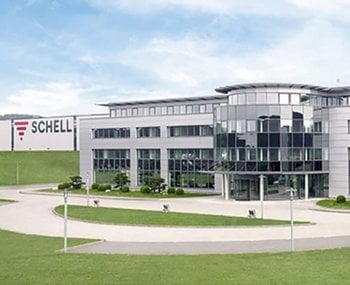


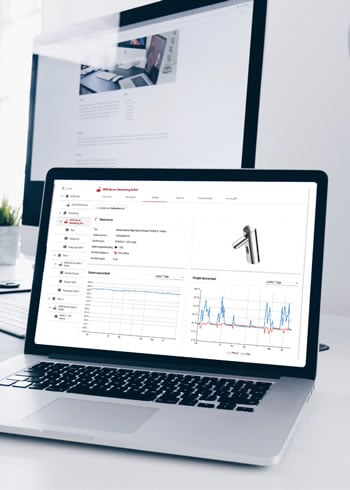

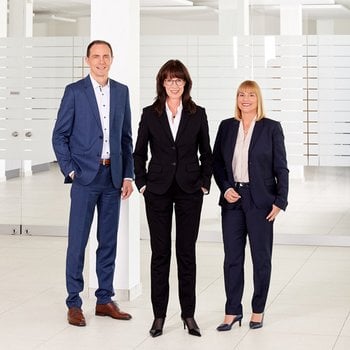
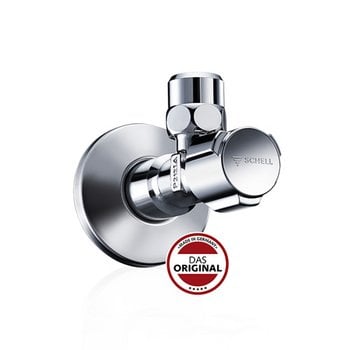
![[Translate to English:] [Translate to English:]](/fileadmin/_processed_/7/7/csm_menu_unternehmen_ueber-schell_awards_f6cec25b1d.jpg)
![[Translate to English:] [Translate to English:]](/fileadmin/_processed_/a/0/csm_menu_unternehmen_ueber-schell_wasser-sparen_41036d2dd9.jpg)


